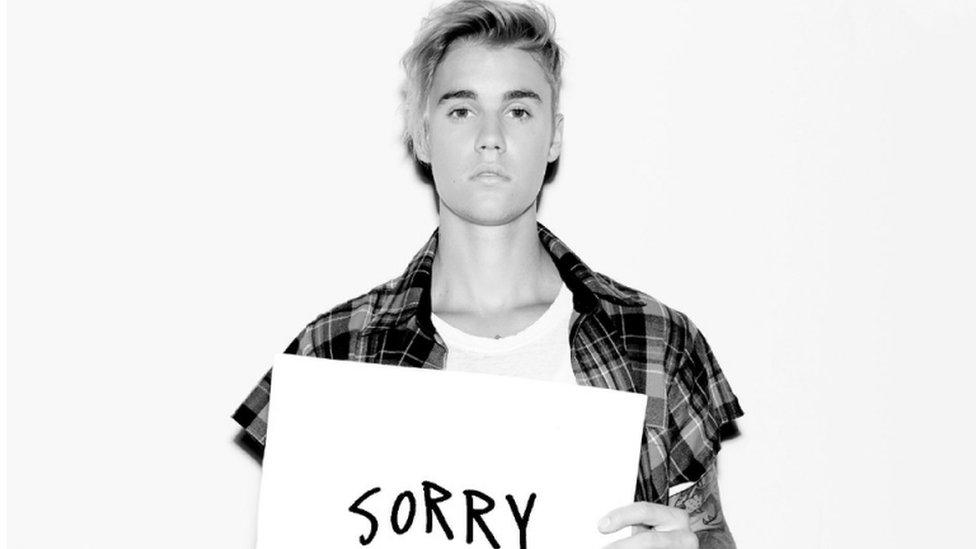People 'happier' watching parasocial YouTube films
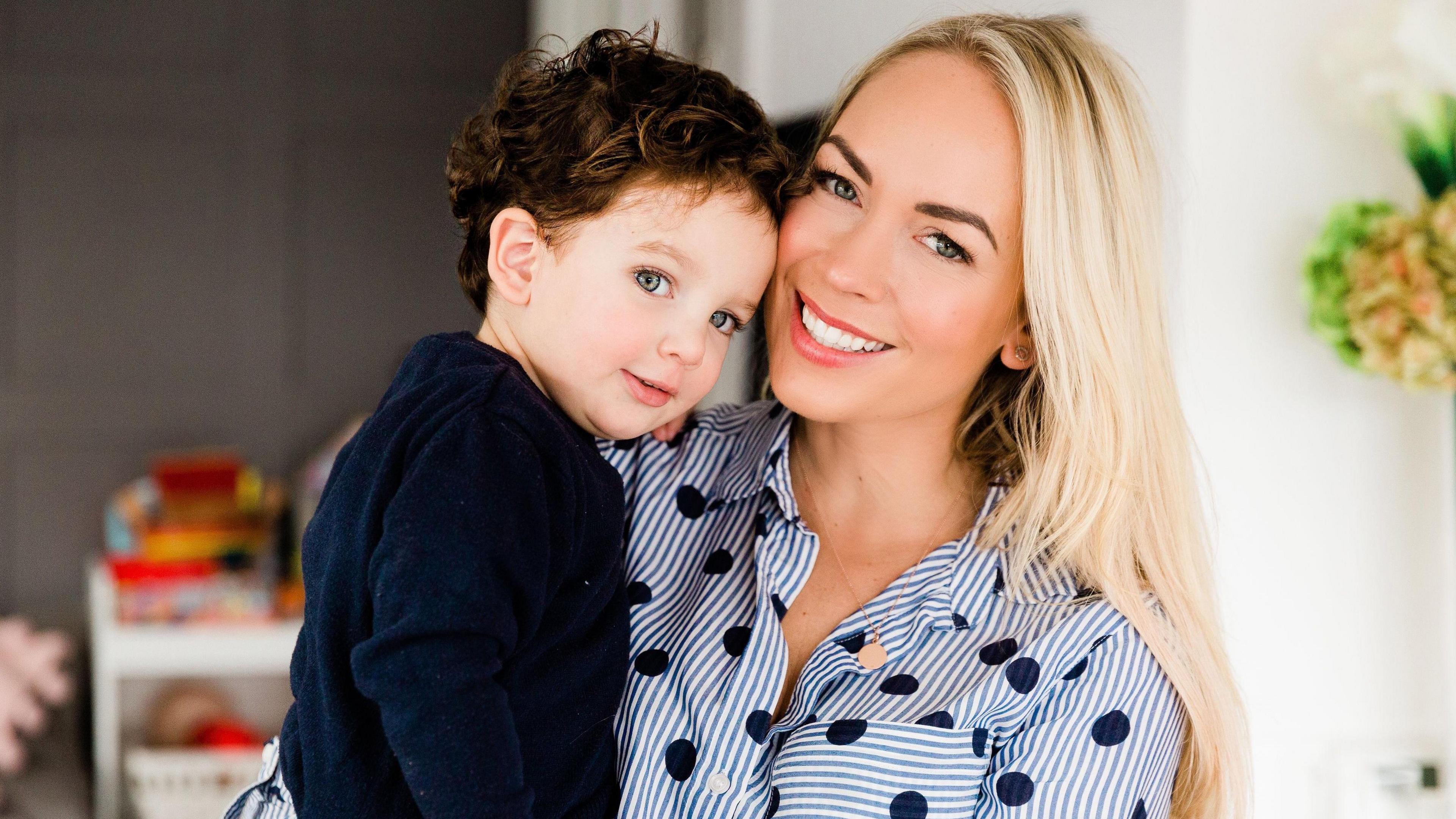
Emily Norris from Brentwood in Essex has been posting on YouTube for the past 10 years
- Published
Watching YouTube videos has cheered people up more than talking to casual friends, a new study has claimed.
Researchers from University of Essex carried out three studies, external and asked more than 1,080 people from Britain and the US how they perceived one-sided "parasocial relationships".
Some people who took part in the studies said watching a YouTube, external video has made them happier than talking to their co-workers or neighbours.
It found that 52% of people said they have a strong parasocial relationship and 36% said they felt close to a YouTuber.
Parasocial relationships is a psychological term used to describe when someone thinks they have a friendship or bond with someone they have never met or spoken to face-to-face - most commonly between a celebrity and a fan.
'Safe haven'
Dr Veronica Lamarche, from the Department of Psychology in Colchester, said the studies suggested watching online celebrities was "validating and reassuring" for viewers.
"These parasocial relationships offer that guaranteed safe haven," she said.
"They maybe can't hold your hand the way a loved one could, but they can't reject you or tell you they're too busy for you because you are able to access them in your own time and on your own terms.
"I think that is part of the power and appeal of these relationships that in a sense there is always someone available."
'Freak out'
Emily Norris from Brentwood in Essex has been posting lifestyle and mum-related content for 10 years on YouTube.
She said: "If you were to speak to a colleague or chat to someone in your life then they can potentially judge you or comment or say something whereas I guess if you're just watching someone - that is not going to happen.
"I think sometimes when you are watching someone on YouTube, they just resonate with you.
"We all have really busy lives but if you are craving connection - you can turn to your phone or your laptop and almost have that with someone.
"YouTube really feels like you're round someone's house and I just talk like I'm talking to a friend, but if I were to actually think about how many people I was talking to I would probably freak out."
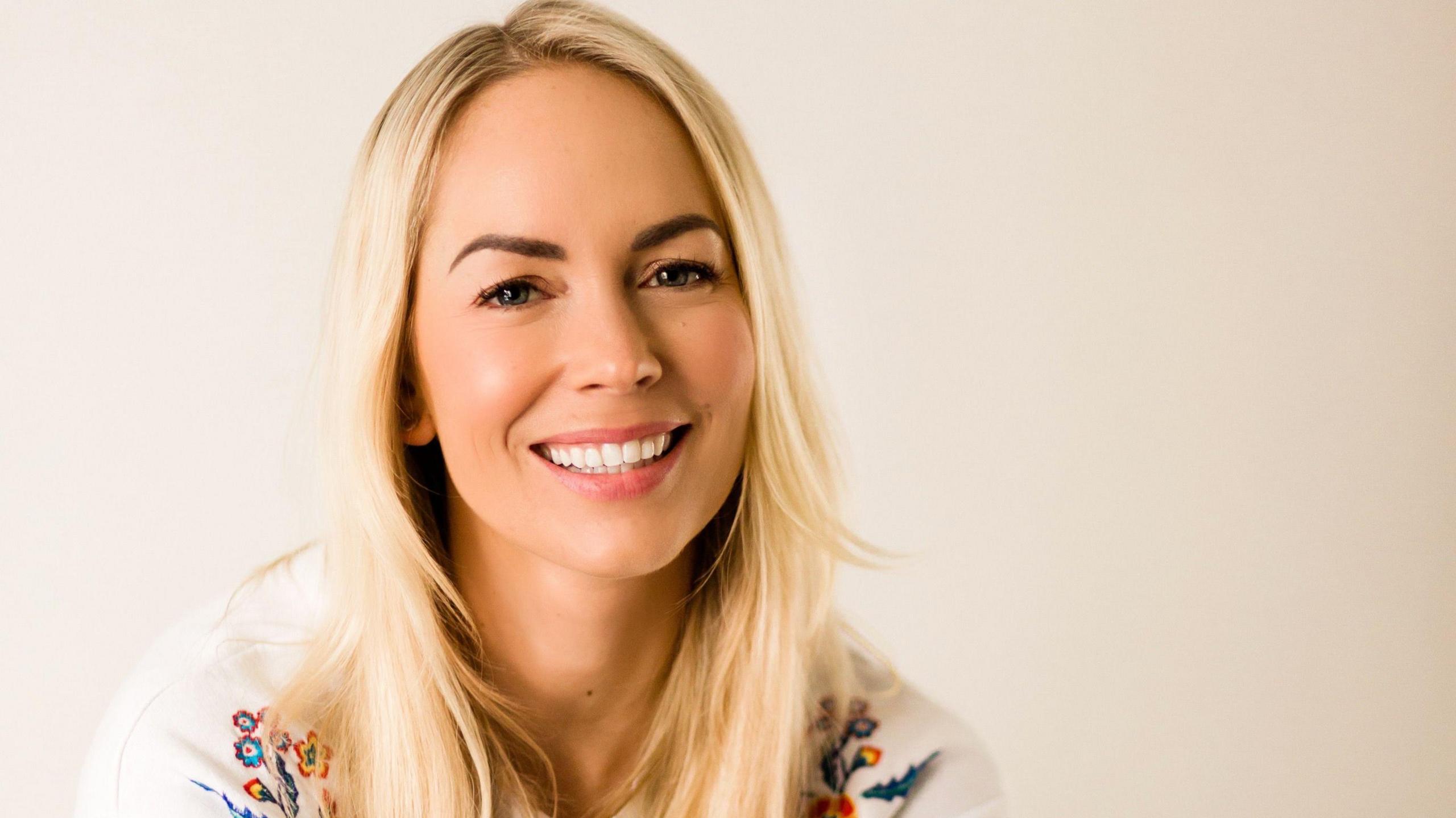
Emily Norris said people usually watch YouTube content that resonates with their life and can feel like they know the person they are watching
Dr Lamarche said it was normal for so-called influencers to feel connected to their followers because the relationship could involve a lot of mutual respect and benevolence.
However, she said in reality the relationship was still one-sided.
She "The way we would differentiate it from a traditional two-sided relationship is if one of her fans was having a really bad day and wanted to call her up and say can you come grab a coffee with me?"
"That wouldn't really be part of the expected boundaries of that relationship, ultimately.
"There is a mutual regard for each other but it is one-sided in a sense that they [followers] are not people we would actively reach out to.
"What was really interesting that these parasocial relationships were seen as more effective compared to our weaker in-person ties and that maybe suggests that people aren't feeling comfortable relying on those social networks."
'Dangerous impact'
Jack, an 18-year-old student from USP College, external in Benfleet, Essex, said: "Some people might see it as a form of escapism. If they follow someone for a long time they might feel safe or liked when they watch someone.
"But it could have a dangerous impact on their social lives when they prefer to sit at home on their own watching YouTube instead of going out."
Emily, also 18, said: "I can see why people feel more comfortable watching YouTube than talking to someone in real life because it is one way - you don't have to think about their reactions or think about how people perceive you."
Although Emily said she does not watch YouTube very much, she said: "I feel like a few of my friends feel like they know the influencer quite well - even though they don't.
"I think with the rise of social media it [the parasocial relationship] is becoming more common."
Follow Essex news on Facebook, external, Instagram, external and X, external. Got a story? Email eastofenglandnews@bbc.co.uk, external or WhatsApp us on 0800 169 1830
- Published16 May 2024
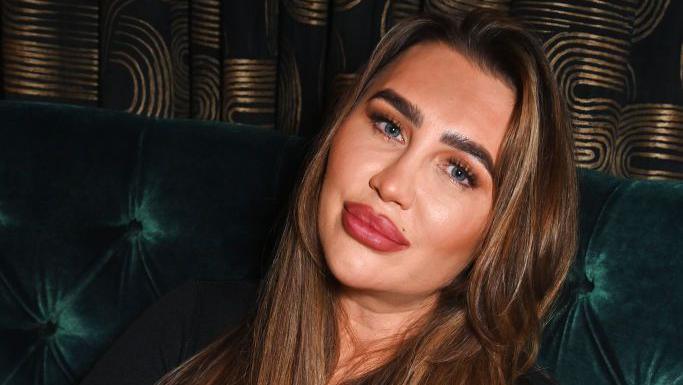
- Published8 March 2024
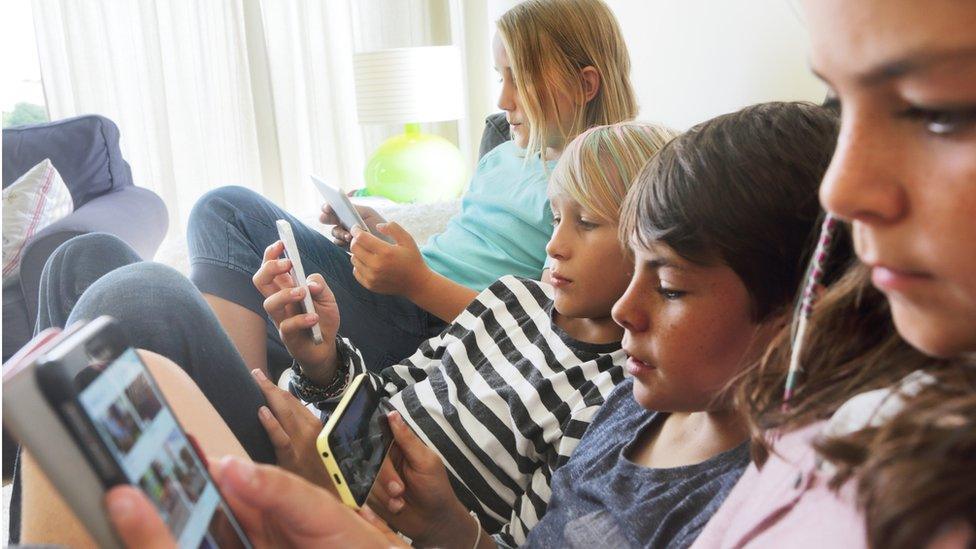
- Published6 July 2023
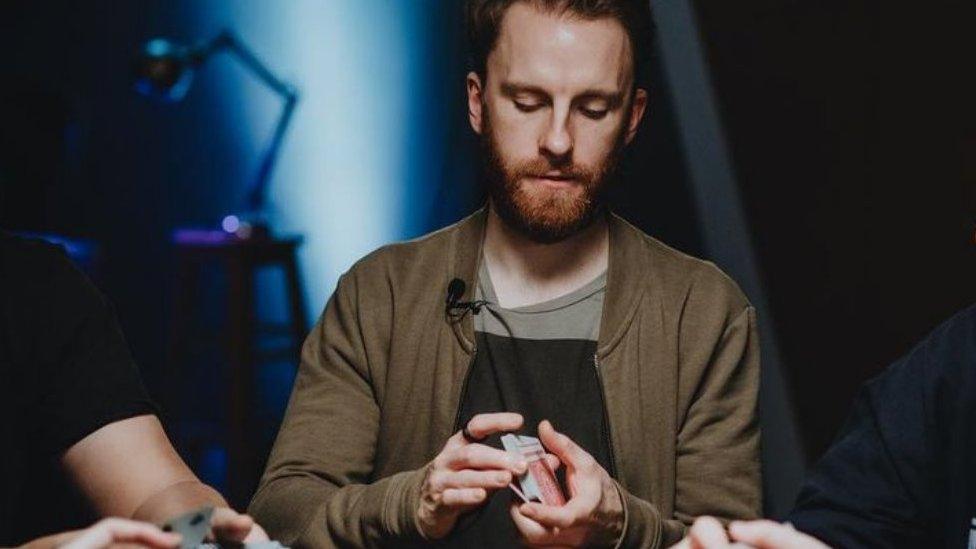
- Published7 April 2019
